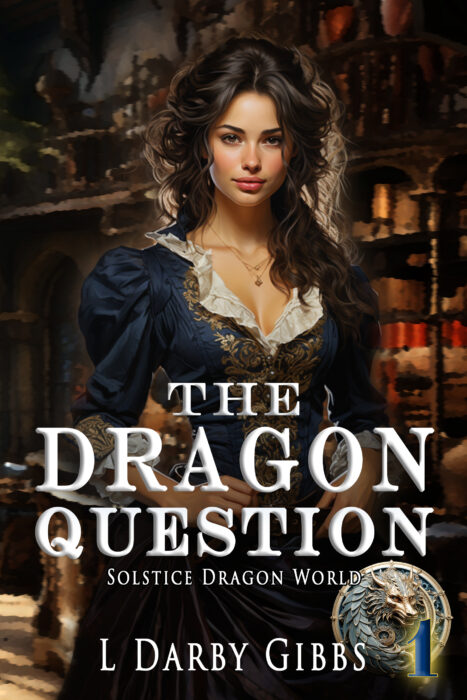I love reading about the creative process. So many things effect the act of creation. There is place, time, deadlines, atmosphere, and a sense of purpose. But a recent article covered the idea that emotion has an effect on results and even on what area of creation the artist should focus on based on that…
Tag: creative thinking
My last post was about brainstorming with my writer pal Marcy on a novel idea involving dementia and Alzheimer’s. Much of what is going into the book is based on my experience with my mother and my father-in-law who are both suffering from this kind of memory loss. Every phone call I have with them…
Since I am often inundated with numerous obligations I cannot put off because they are important aspects of my income-producing job, I need a few tricks to galvanize creativity. I have already written about several of them, but my most trusted approach to getting off the pot and onto the page is very simple. I…
What if she was real a moment ago? It is the What Ifs that writers bring into reality. What if kids had to fight to the death to earn a position in society? What if everybody was altered to fit into one of five personality types? Questions and possibilities are what we build our stories…
Flawed yet potentially beautiful. We all face demands that require near perfection, sometimes even perfection. Those of us naturally conscientious try hard to meet them. In fact, we often demand them of ourselves, without an outside force motivating us. I am a perfectionist, so I can certainly sympathize with those who demand it of themselves…
